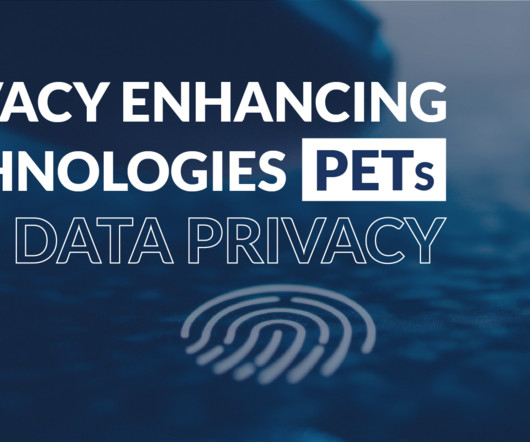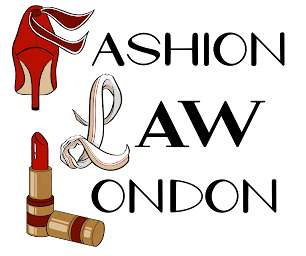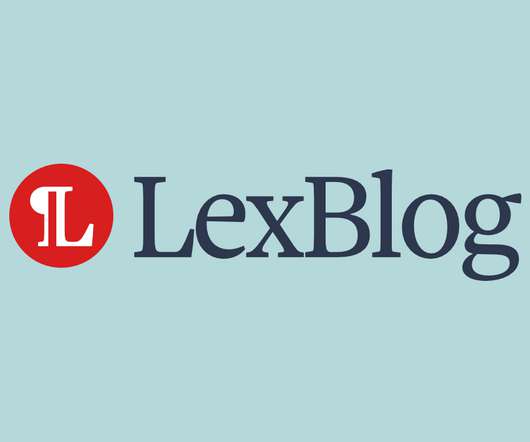Infographic | Privacy enhancing technologies
Olartemoure Blog
MARCH 7, 2023
Privacy-enhancing technologies are tools and techniques designed to protect users’ personal data and privacy by enabling the analysis and sharing of insights within data, without sharing the data itself. What are PETs? They minimize the use of data as they maximize its control. Why are they useful? They can take many forms.





















Let's personalize your content